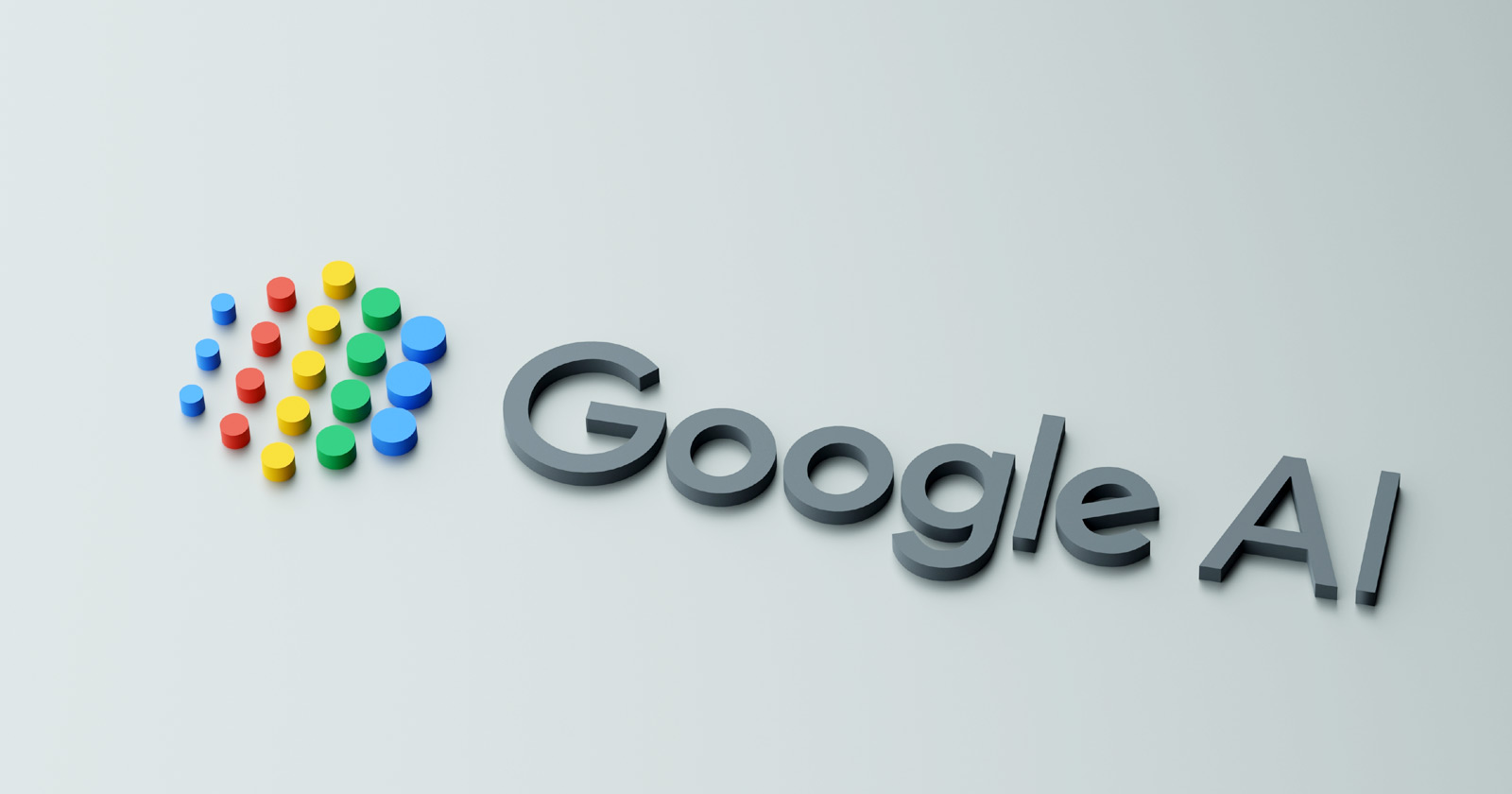The AI Secret Google Doesn't Want You To Know (And How It Affects You)
We all use Google. Multiple times a day, probably. Search, Maps, Gmail... it's woven into the fabric of our digital lives. But beneath the shiny, user-friendly surface lies a complex web of artificial intelligence, and there's a specific aspect Google isn't exactly shouting from the rooftops. Why? Because it directly impacts your perception, your choices, and ultimately, your freedom to form your own opinions.
The Echo Chamber Algorithm: A Subtle Persuader
The 'secret,' if you can call it that, isn't some James Bond-esque piece of hidden code. It's the very algorithm that personalizes your experience. We all know personalization exists, but few truly grasp its depth and influence. Google's AI learns your preferences, your browsing history, your location, even your tone in emails. It then meticulously crafts a filtered reality tailored specifically for you. This isn't inherently bad, right? Convenience is king! But...
The problem arises from the echo chamber effect. The algorithm prioritizes information that confirms your existing biases. Agree with climate change? You'll see more articles supporting that view. Leaning towards a certain political candidate? Google will subtly feed you news and perspectives that reinforce that choice. This creates a digital bubble where dissenting opinions are marginalized, making you less likely to encounter diverse viewpoints and critically analyze information.
The Illusion of Choice: You're Not Searching, You're Being Guided
Think about your search results. Do you ever truly delve beyond the first page? Google's AI knows this. It carefully curates the top results, subtly nudging you towards specific websites, products, and even narratives. You believe you're making informed choices based on unbiased information, but in reality, you're navigating a carefully constructed maze. This is particularly concerning when it comes to important decisions like healthcare, finance, or political participation.
Beyond Search: AI's Reach Extends Everywhere
This isn't just about search results. Google's AI permeates its entire ecosystem. YouTube recommendations, news feeds, even the ads you see are all carefully crafted to influence your behavior. These subtle nudges, repeated over time, can have a profound impact on your long-term beliefs and purchasing habits.
So, What Can You Do About It?
Don't panic! The goal isn't to abandon Google entirely. It's about becoming a more conscious and critical consumer of information. Here are a few strategies:
Diversify Your Sources: Don't rely solely on Google News or your personalized feed. Actively seek out news from different perspectives and publications. Use a VPN: This can mask your location and browsing history, making it harder for Google to track you and personalize your results. Explore Alternative Search Engines: DuckDuckGo, Startpage, and other privacy-focused search engines offer less personalized results. Clear Your Cookies and Browsing History Regularly: This helps reset the algorithm and prevents it from becoming too entrenched in your biases. Question Everything: Be skeptical of the information you encounter online, even if it confirms your existing beliefs. Actively seek out dissenting opinions and consider them carefully.Google's AI is a powerful tool, but it's essential to understand how it works and how it can subtly shape your perception of the world. By becoming a more informed and conscious user, you can reclaim your digital autonomy and ensure that you're forming your own opinions, not just echoing the ones Google wants you to hear.
The Future is in Your Hands
The age of AI is here. Understanding its power and potential pitfalls is critical to navigating the digital landscape responsibly. Don't let algorithms define your worldview. Take control of your information diet and become a truly independent thinker.
